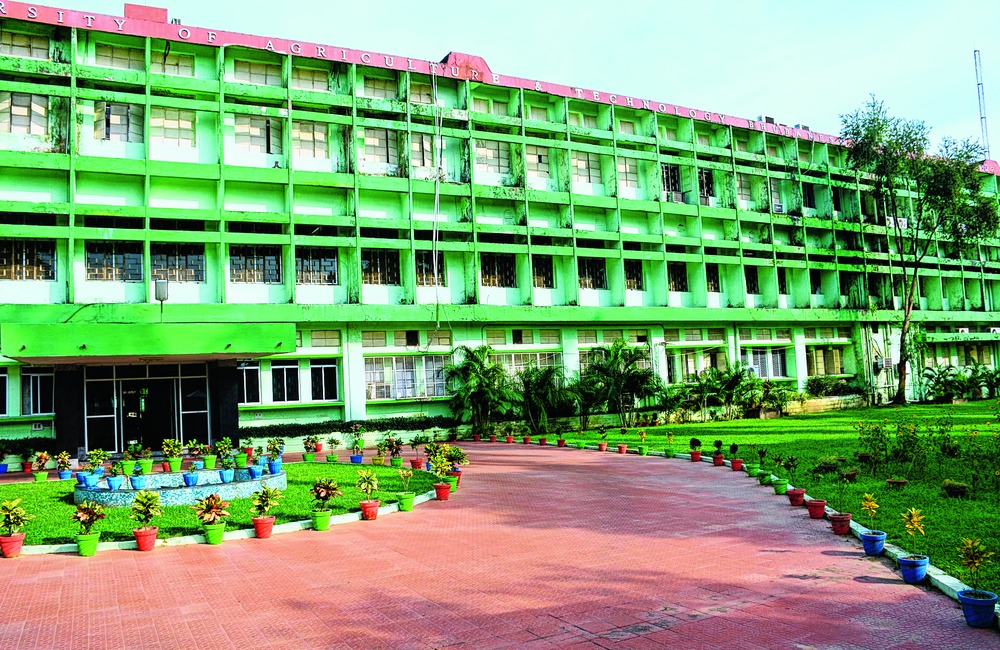
Bhubaneswar, Oct. 13: The Raghavan Committee of the Union ministry of human resource development is not satisfied with the measures taken by the educational institutions in Odisha to check ragging.
Following a letter from the Centre, the higher education department has directed its officials to furnish information and details about the measures taken by the higher education institutions to curb ragging.
It has sought information on anti-ragging committees having been formed in colleges and universities and action taken for publicity of the anti-ragging policy. The department has also sought information if surprise checking were being conducted in student hostels.
The officials have been asked to take the matter "seriously" and make telephonic contact with all principals and vice-chancellors of colleges and universities.
"The information will be sent to the directorate of higher education that will send an action-taken report on anti-ragging to the Centre," said joint secretary of the higher education department Babaji Charan Sethy.
On July 19 this year, the student of a Nayagarh private Plus Two college was ragged by three of his roommates and subjected to physical and mental torture. His roommates beat him up and slashed him with sharp objects, bite him, punch on his face, make him do sit-ups, and hit him with glass bottles.
On December 9 last year, 10 students of Odisha University of Agriculture and Technology were accused of ragging their juniors. The authorities fined the accused and suspended them from attending classes for an entire year. They were also asked to vacate the hostels.
The victims - all of them boarders of Pathani Samanta Hostel of the university - alleged that their seniors had beat them up leaving many of them seriously injured. They later locked up the injured students inside the hostel to stop them from revealing the matter to the authorities.
The Raghavan Committee guidelines recommend the need for a strong and uniform ragging law and suggest surprise checks and anonymous surveys to offset the fear associated with reporting ragging by the victim. It also points out the need for anti-ragging cells at the central, state and college level, a toll-free helpline for ragging victims, strong law against ragging with responsibility to prove not-guilty that of perpetrator, school books to include chapter on ragging, psychological counselling on anti-ragging and human rights at senior secondary level, interactive sessions between juniors and seniors in the presence of college staff.










